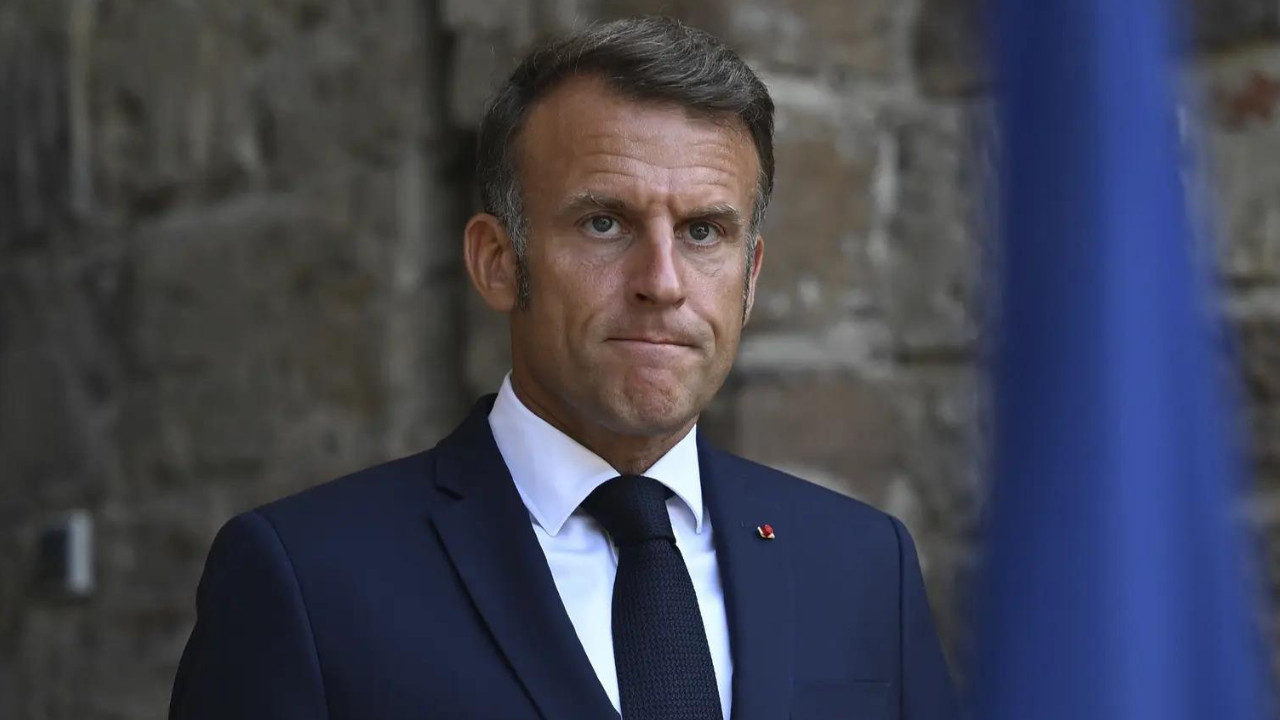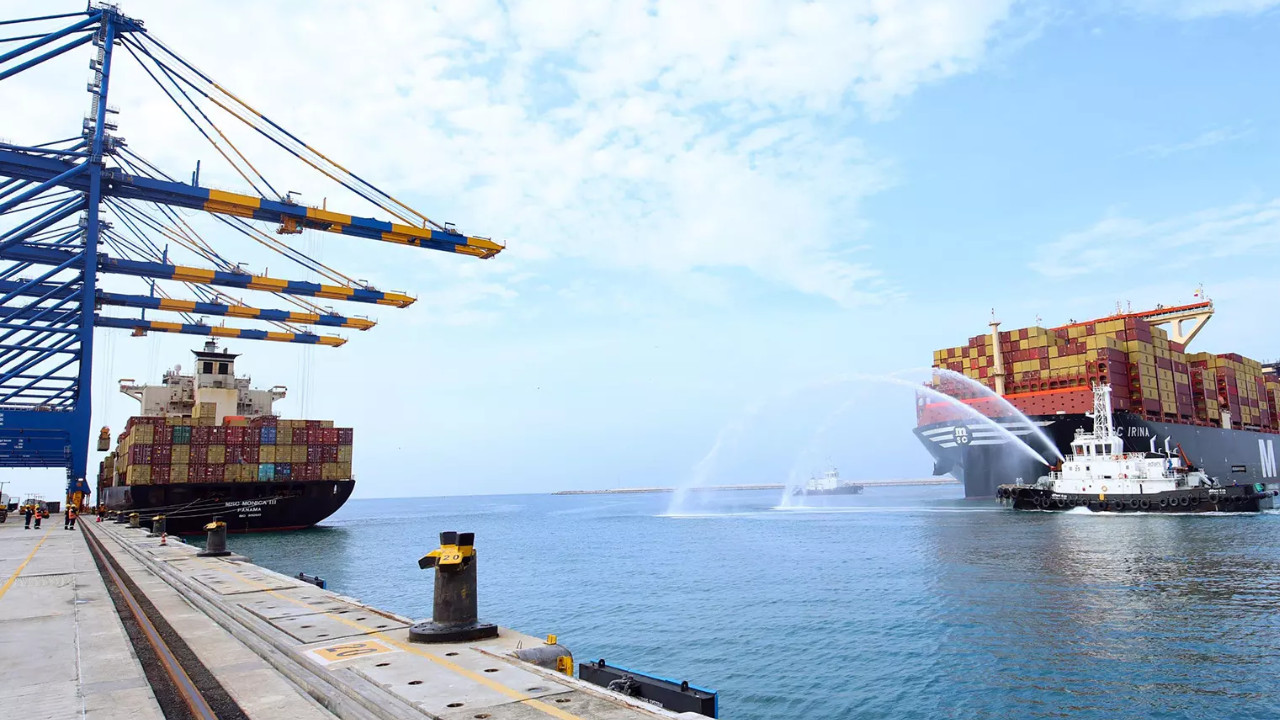Fitch has downgraded France’s credit rating to A+ due to concerns over rising public debt, projecting it to reach 121% of GDP by 2027. This action follows a failed confidence vote and political fragmentation, hindering fiscal consolidation efforts.
France’s Economic Tightrope Walk: A Credit Downgrade Explained
France, the land of croissants, couture, and now, a slightly less shiny credit rating. Fitch Ratings recently lowered France’s long-term foreign currency issuer default rating from AA to AA-, a move that’s sent ripples through the global financial pond. But what does this actually mean, and why should you care? Let’s unpack it.
Think of a credit rating like a financial health check for a country. It’s a score that indicates how likely a nation is to repay its debts. A high rating, like the previous AA, signals confidence in the country’s ability to meet its financial obligations. A downgrade, like the one France just experienced, suggests a slightly higher risk of default. It’s akin to a doctor saying, “Your cholesterol is a little high; let’s keep an eye on that.”
So, what prompted Fitch to tap France on the shoulder? Several factors seem to be at play, creating a perfect storm of economic unease.
Why the Downgrade? Understanding France’s Fiscal Challenges
One of the primary concerns revolves around France’s fiscal trajectory. While the French economy has shown resilience, bouncing back from pandemic-induced setbacks, the pace of debt reduction isn’t quite keeping up. In simpler terms, France is still carrying a significant debt burden, and Fitch is worried that the current economic climate isn’t conducive to rapid debt repayment. This is due, in part, to a slowing global economy which affects all nations.
Another major element in the equation is political gridlock. President Macron’s government has faced considerable opposition, particularly regarding pension reforms. The controversial decision to raise the retirement age ignited widespread protests and highlighted deep divisions within French society. This political instability makes it difficult to implement crucial fiscal reforms necessary to boost economic growth and reduce debt. Imagine trying to build a house while half the construction crew is on strike – that’s the kind of challenge France is facing.
This combination of high debt and political headwinds makes it harder for the government to enact policies that would demonstrably lower the debt burden. Political uncertainty also breeds investor caution, as consistent economic planning becomes less certain.
The Impact of a Lower Credit Rating
So, what are the practical implications of this France Credit Downgrade? While it’s not necessarily cause for panic, there are a few key consequences to consider:
* Higher Borrowing Costs: A lower credit rating typically translates to higher interest rates for government bonds. This means it will cost France more to borrow money in the future, potentially squeezing public finances further.
* Investor Sentiment: A downgrade can dent investor confidence, leading to capital flight and potentially weakening the Euro. This can have knock-on effects on the broader European economy. The image of a strong economy is essential to attract investors, and a downgraded credit rating can tarnish that image.
* Domestic Repercussions: The government may face increased pressure to implement austerity measures to reassure markets, which could lead to further social unrest and political instability.
Looking Ahead: Navigating the Choppy Waters
The French government has responded to the downgrade with a commitment to fiscal discipline and structural reforms. The hope is that by demonstrating a commitment to responsible financial management, France can regain investor confidence and ultimately restore its previous credit rating. This commitment needs to be more than words; it requires concrete action and a willingness to navigate the political complexities involved.

The challenge for France is to strike a balance between fiscal prudence and maintaining social cohesion. Cutting spending too drastically could stifle economic growth and exacerbate social inequalities. Finding a sustainable path forward will require skillful leadership and a willingness to compromise. How the government navigates the challenges of the upcoming Olympics in Paris, particularly regarding the costs involved, will also be telling.
France’s situation is a reminder that even the world’s largest economies aren’t immune to economic vulnerabilities. It highlights the importance of sound fiscal policies, political stability, and adaptability in an ever-changing global landscape. While the France Credit Downgrade is a setback, it also presents an opportunity for France to address its underlying economic challenges and emerge stronger in the long run. See also how changes in interest rates might affect you in our article on central bank policy.
Ultimately, France’s economic story is far from over. Its future chapters will depend on the choices made today.







